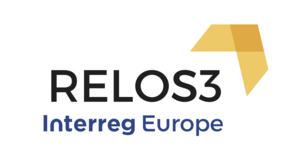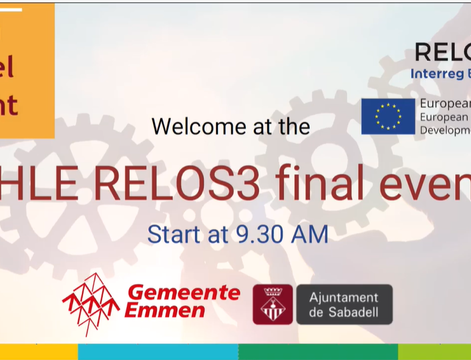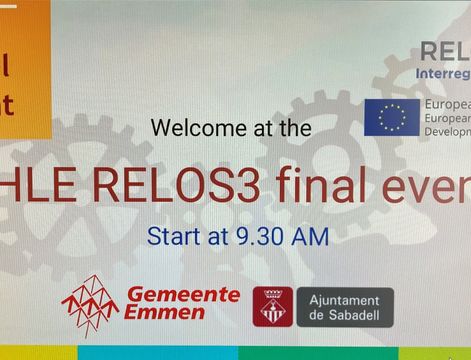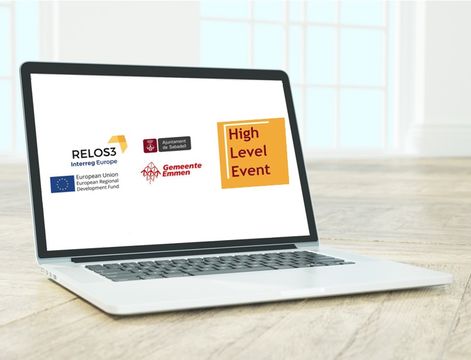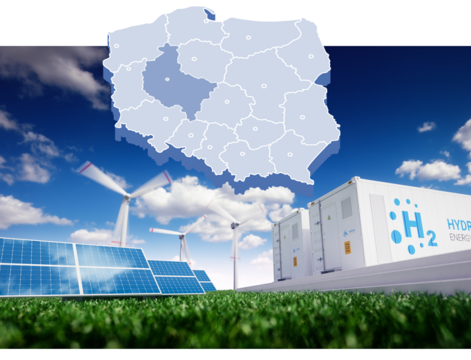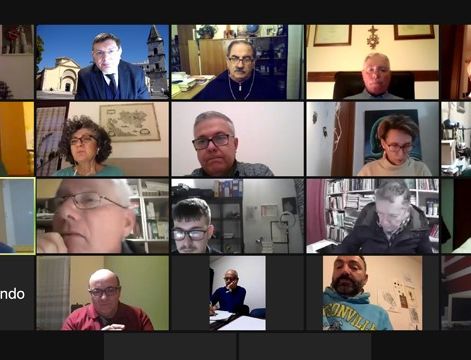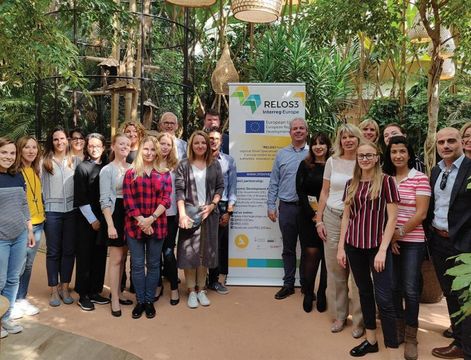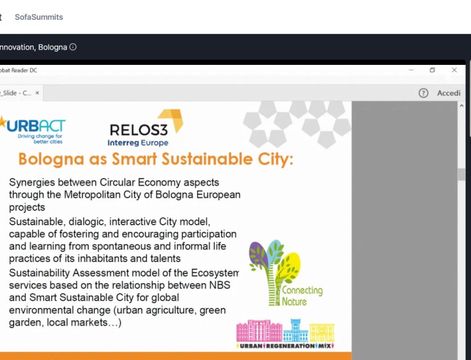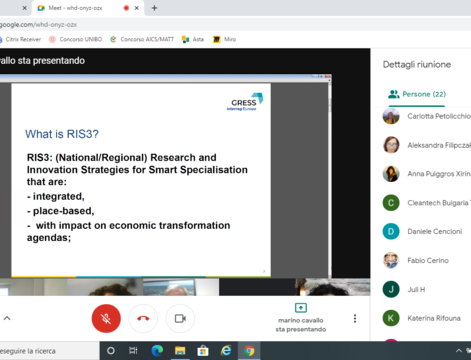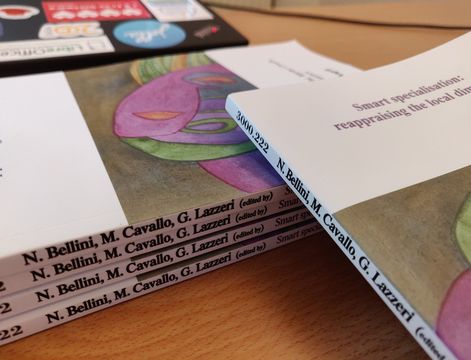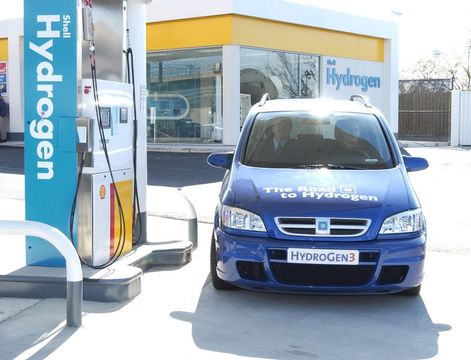RELOS3 capacity building event in Seville confirms good progress
The event that was jointly organised on 13 and 14 June by our project RELOS3 and the Joint Research Centre was a great success. About 50 people from all over the EU attended the event.
As mentioned elsewhere, the main focus of the RELOS3 project is to find the most effective methods of implementing the EU’s guidelines on Smart Specialisation (which underlie the EU’s structural funds) at the local level. They do so by comparing and bench-marking. In that vain, Councillor Eduard Navarro from Sabadell remarked: “we need to contrast and compare RIS3 strategies, so we can improve our ERDF operational programmes and can contribute to the welfare and well-being of our regions and cities”.
This tied in with the presentation made by Javier Gomez Prieto, Scientific Officer at the S3 Platform/Joint Research Centre, in the Masterclass session. He stated that new Operational Programmes of the EU come into force in 2020, the challenge is in bringing cohesion closer to the general public.
A more theoretical background was presented by Professor Raquel Ortega-Argilés of the Birmingham Business School, which provided the perfect foundation for the more practical sessions that followed.
Erik Noaksson of the SMICE project run in three regions in Sweden and Norway (the project is co-funded by the Interreg Sweden-Norway programme) and Margarida Campolargo, from Porto Digital, were the experts in charge of the ‘Dialogues’, a dynamic session organised as a conversation between the experts, RELOS3 partners and the rest of the event’s participants. Interesting insights were shared with the aim to know in detail the implementation of the good practices the experts presented.
Some memorable quotes:
- "the first mouse gets trapped, but the second mouse gets the cheese"
- "opening up our airport to low-cost carriers internationalised our entire regional eco-system, not only tourism"
So ended the first day, which participants' heads full of new approaches and a raft of ideas on how to tackle local issues.
From there, the conference went into much more specific technical detail in the second day. Professor Nicola Bellini of the Sant'Anna School of Advanced Studies presented the findings of the research commissioned by the project. Besides general thoughts on how to set up collaboration between private and public organisations, educational institutions and civil society (the Quadruple Helix), he called on the RELOS3 partnership to start thinking about co-creation and co-design inside the partnership, in order to maximise the potential of transnational collaboration.
The conference ended with the S3 Platform leader Manuel Palazuelos, who underlined the relevance of the work of the RELOS3 project, and called upon the participants in the project to develop their local Action Plans to put the concepts discussed during the conference into practice.
This meeting was the last in a series of five Thematic Events. For the next step in the project, mutual visits are planned, that take an in-depth look at the actions that each partner is undertaking to implement the project’s goals at the local level.
The first 'long term visit' will take place in the third week of September, when the project visits Emmen in the Netherlands. More news about this event will be posted in the ‘Events’ section of the website as soon as possible.
